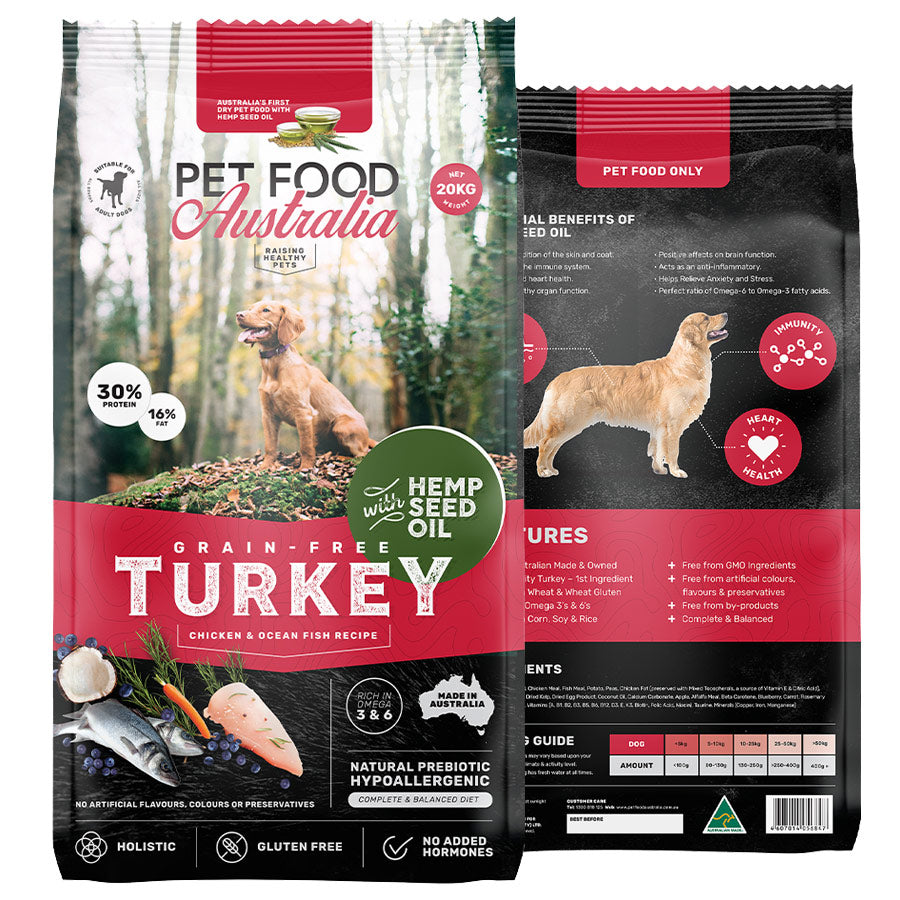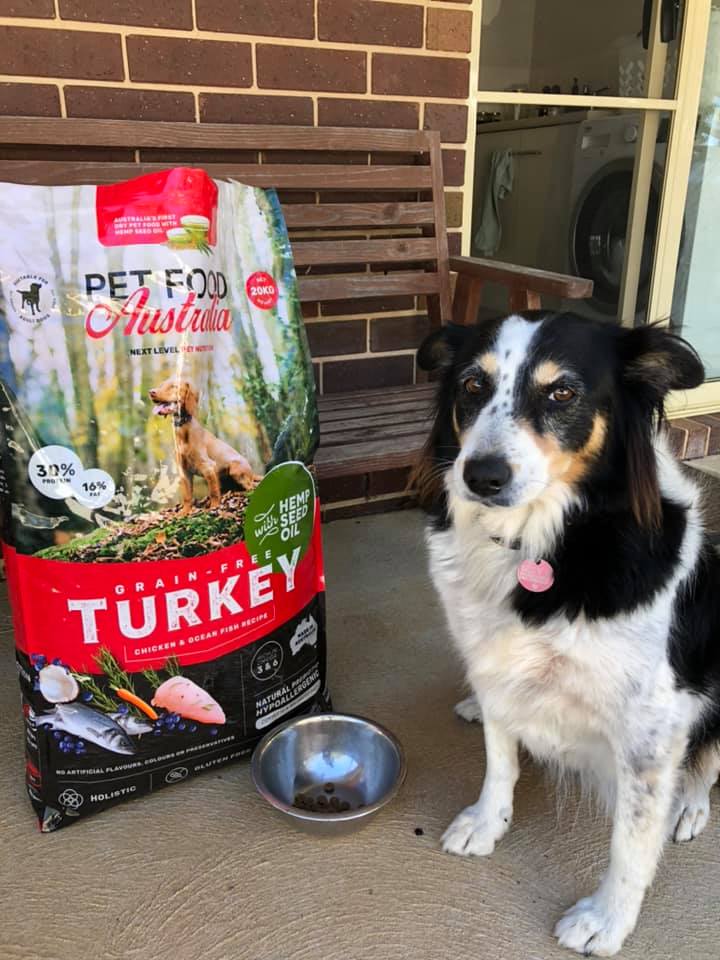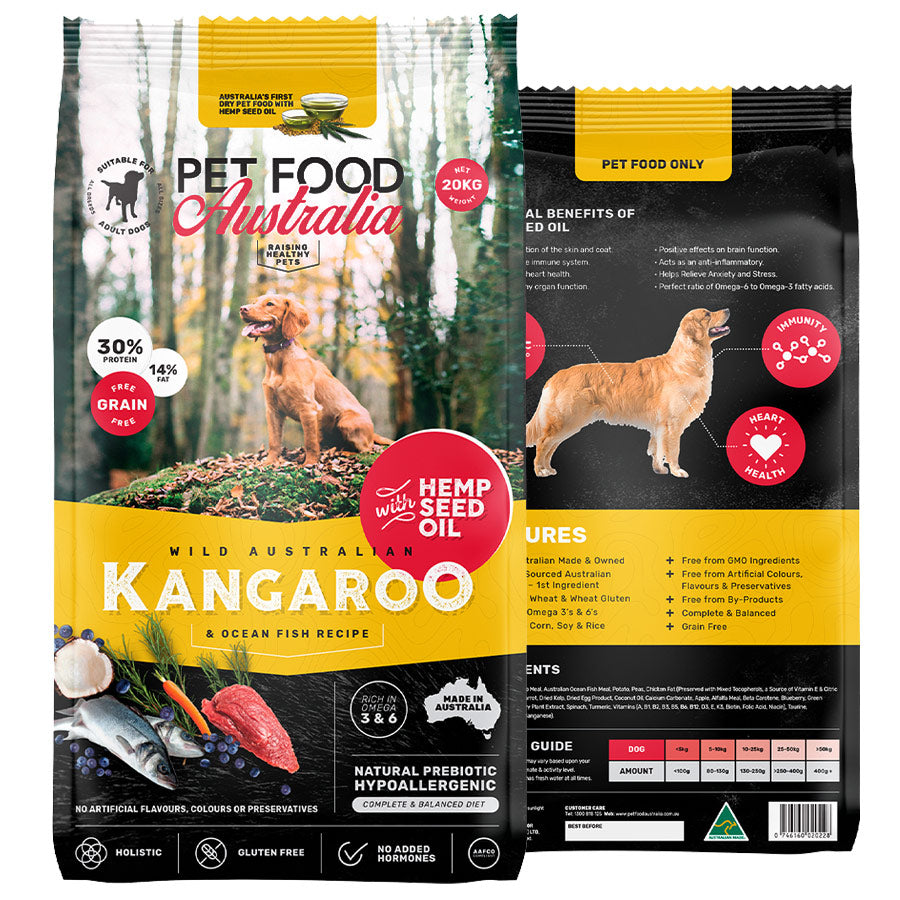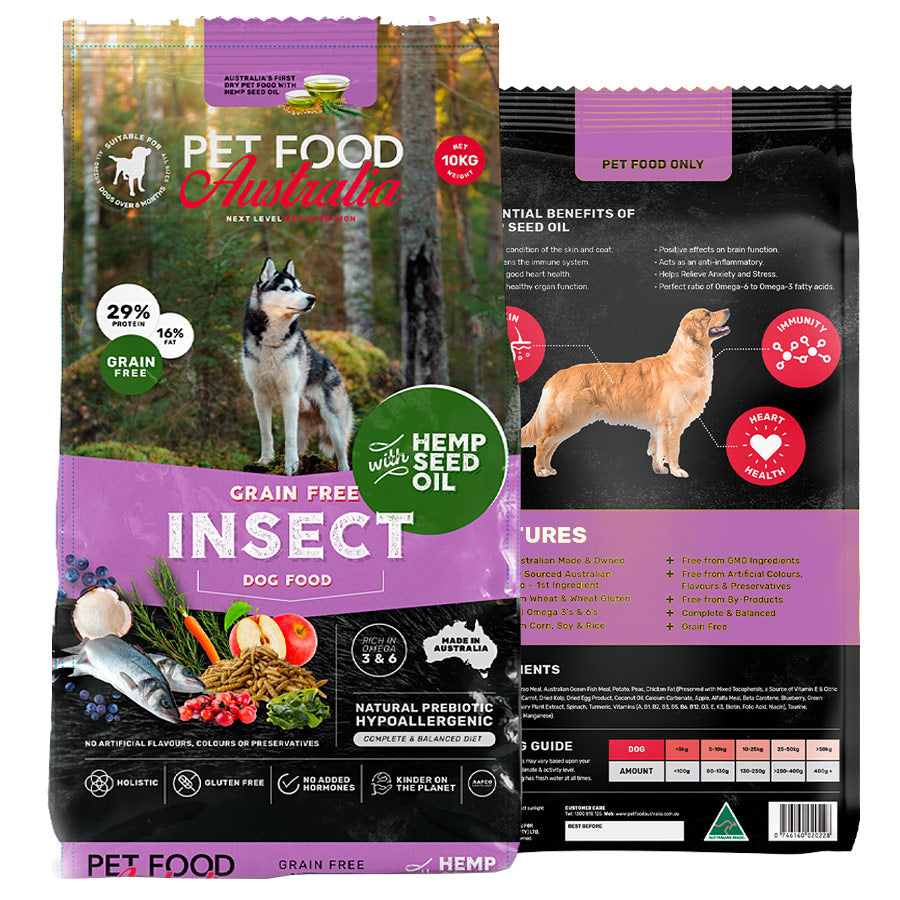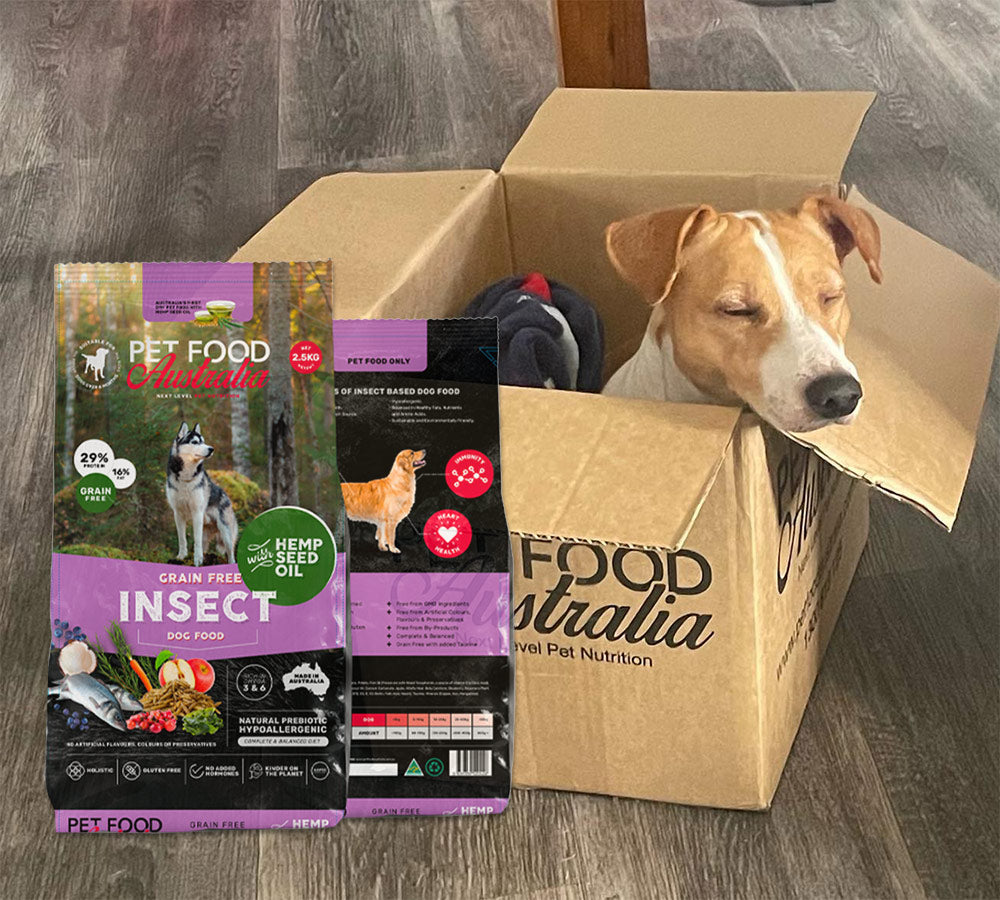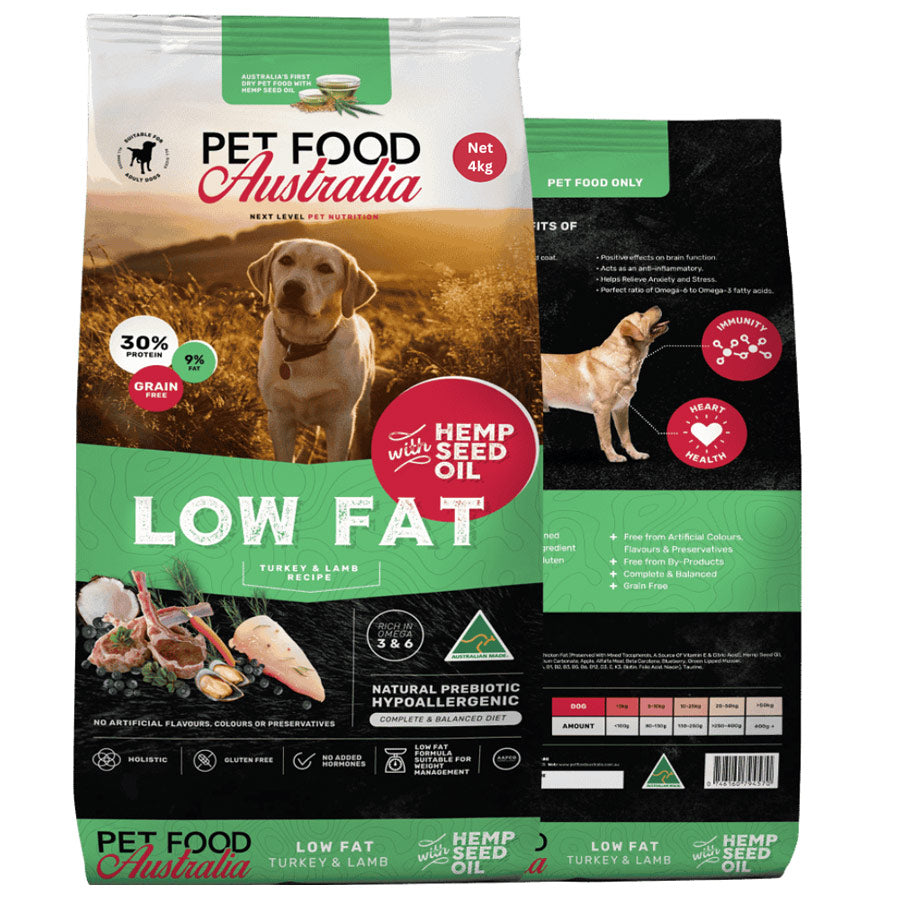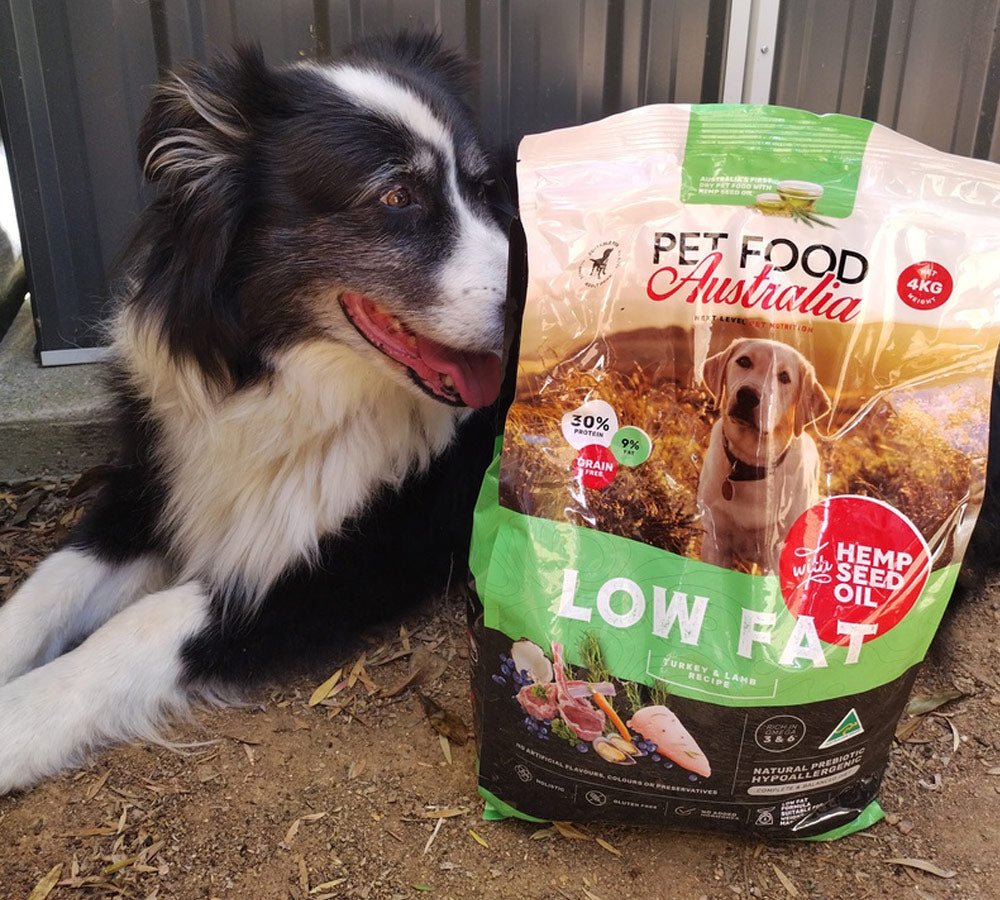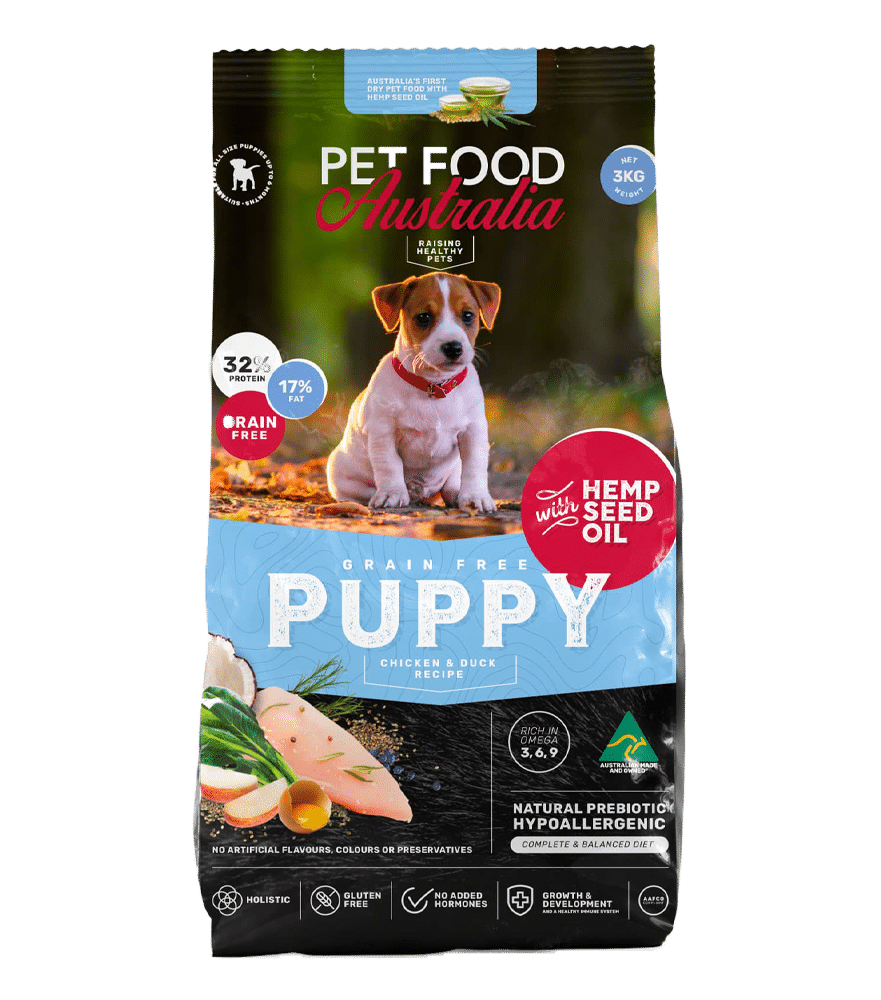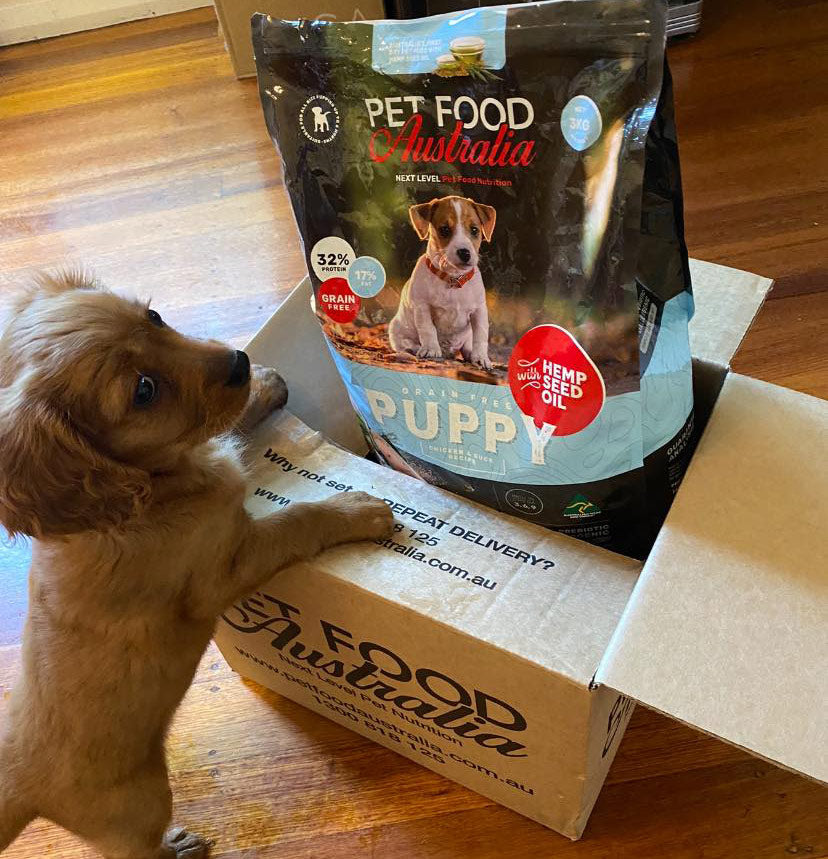Common Dietary Issues in Pets and How Proper Nutrition Can Help

Pets are an integral part of our families, and as pet owners, we are responsible for ensuring their overall well-being. Just like humans, pets can face various health issues, many of which stem from improper nutrition.
Proper nutrition plays a crucial role in maintaining the health and vitality of our beloved pets. A well-balanced diet provides essential nutrients, vitamins, and minerals for growth, development, and overall health. However, pets not fed a nutritionally complete diet can suffer from various issues that affect their well-being. These issues can include:
Dental Health

Dental problems, especially dogs and cats, are among the most common issues pets face. Poor dental hygiene can lead to gum disease, tooth decay, and bad breath.
VCA Hospitals states, "Dental disease is one of the most common medical conditions seen by veterinarians. Over 80% of dogs over the age of three have active dental disease."
The food pets consume significantly impacts their dental health. A diet rich in carbohydrates and sugars can contribute to plaque buildup and dental issues. Providing pets with dental chews, bones, and treats specifically designed to promote oral health is essential.
Ear Infections
Ear infections are another prevalent issue among pets, and diet plays a significant role in their occurrence. Many pet owners struggle to identify the cause of recurring ear infections in their furry companions. The answer often lies in an unbalanced and incomplete diet. Nutritional deficiencies can weaken the immune system, making pets more susceptible to infections. Ensuring a balanced diet with adequate nutrients can help prevent ear infections.

The condition of a pet's skin and coat is a visible reflection of their overall health. Poor nutrition can lead to dry, flaky skin, excessive shedding, and a dull coat. Including essential fatty acids, such as Omega-3 and Omega-6, in the pet's diet can promote healthy skin and a lustrous coat. These nutrients help reduce inflammation, moisturise the skin, and maintain a healthy coat.
P.S. If your pet's coat needs extra nourishment, check out our Hemp Seed Oil. When it comes to hemp seed oil, it can be quite beneficial for your dog's diet as it is jam-packed with essential nutrients, which can bolster your pooch's health in various ways. Shop it here.
Digestive Health
A healthy digestive system is vital for a pet's overall well-being. However, many pets suffer from digestive issues such as diarrhea, constipation, and gastrointestinal upset. Imbalanced diets, low-quality ingredients, and food allergies or sensitivities can all contribute to these problems. Providing a balanced and easily digestible diet and probiotics for gut health can support proper digestion.
Weight Management

Obesity is a growing concern among pets, and it can lead to various health problems, including joint issues, diabetes, and heart disease. Proper nutrition, portion control, and regular exercise are crucial for maintaining a healthy weight. Choosing a high-quality, calorie-controlled diet and engaging pets in physical activities can help prevent obesity-related issues.
Allergies and Sensitivities
Pets, like humans, can develop allergies and sensitivities to certain foods. Common allergens include grains, dairy, and specific protein sources. Identifying and eliminating these triggers from the pet's diet is essential to alleviate symptoms such as itching, rashes, and digestive upset. Hypoallergenic diets, formulated to minimise allergenic ingredients, can benefit pets with food sensitivities.
Joint and Bone Health

Joint and bone issues are particularly prevalent in aging pets and large-breed dogs. Proper nutrition plays a vital role in maintaining healthy joints and bones. Including ingredients like glucosamine and chondroitin in the pet's diet can help support joint health, reduce inflammation, and improve mobility.
Aging and Senior Pets
As pets age, their nutritional needs change. Senior pets often experience age-related health issues such as arthritis, cognitive decline, and weakened immune systems. A diet rich in antioxidants and omega-3 fatty acids can help support their aging bodies, boost cognitive function, and strengthen the immune system.
Mental and Behavioral Health

Nutrition also influences a pet's mental and behavioural well-being. Certain nutrients, such as B vitamins, antioxidants, and essential fatty acids, play a crucial role in brain health and cognitive function. Including these nutrients in the pet's diet can support mental clarity, reduce anxiety, and promote overall behavioural wellness.
Pet Food Choices
Choosing the right pet food is essential for meeting their specific nutritional needs. Understanding pet food labels and ingredients can help pet owners make informed decisions. High-quality pet foods should contain real meat as the primary ingredient, be free from artificial additives, and undergo rigorous testing for safety and quality.
Proper nutrition is the cornerstone of a pet's health and well-being. Pet owners can help their furry companions lead happy and healthy lives by addressing common dietary issues through balanced and nutritious meals. From dental health to mental well-being, diet influences each aspect of a pet's health. Providing high-quality food, incorporating beneficial supplements, and monitoring your pets closely are essential to ensure optimal pet nutrition.




